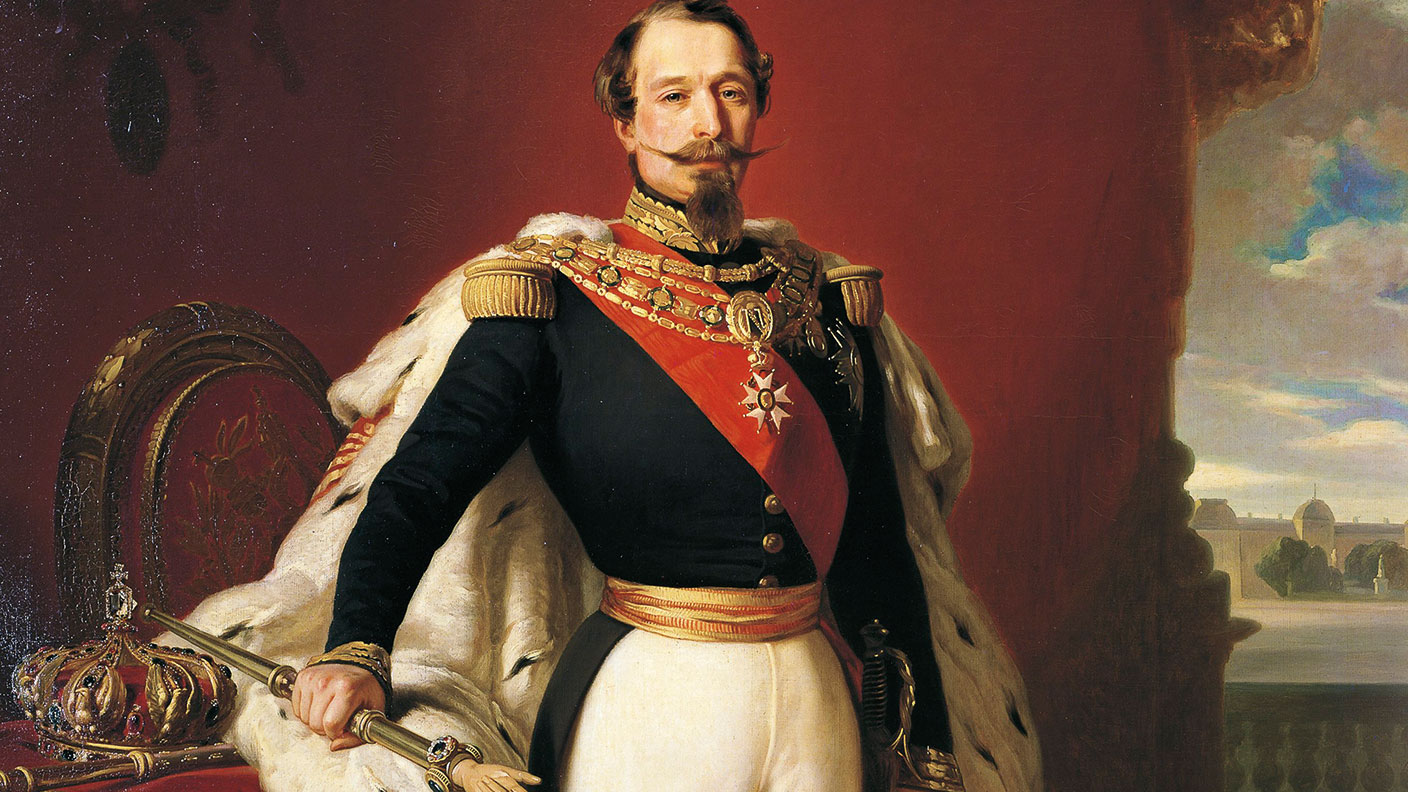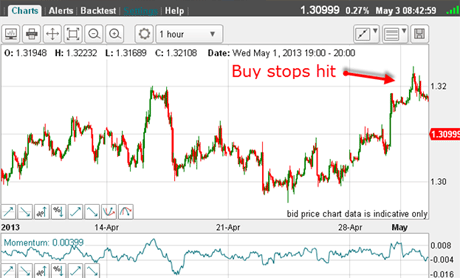Betting on politics: deal or no deal
Matthew Partridge looks at the bookies' odds on the UK leaving the EU with no deal.

Get the latest financial news, insights and expert analysis from our award-winning MoneyWeek team, to help you understand what really matters when it comes to your finances.
You are now subscribed
Your newsletter sign-up was successful
Want to add more newsletters?

It almost seems as if there have been more Brexit-related twists and turns in the last month than there have been in the entire period since the June 2016 referendum. Nothing illustrates this better than the perceived chance of a no-deal Brexit. Just a few weeks ago, many people believed that it was extremely likely. Now, thanks to the passage of the Benn bill through Parliament, instructing the government to ask for an extension to Article 50 unless a deal acceptable to Parliament can be passed through the House of Commons, it looks very unlikely.
These shifting perceptions have been reflected in Betfair's market on a no-deal scenario. At one point the implied chances of a no-deal Brexit were nearly 50%. They then plunged to a low of around 15%. With a total of £1.65m now matched on the outcome, punters clearly think that the UK leaving the EU without a deal is very unlikely, but still not impossible, and you can get 5.3 (18.9%) on a no-deal Brexit and 1.23 (81.3%) against. Nigel Farage no doubt has other ideas.
The lesson of the last three and a half years is that you can never, ever, rule anything out, but I think that the chances of a no-deal Brexit this year are less than 5%. So I'd advise you to take Betfair's 1.23 against the possibility of no-deal Brexit in 2019. As the rules of the bet make clear, this bet pays off if Britain fails to leave the EU before the end of the year or if a Withdrawal Agreement is agreed (and ratified) before Britain leaves.
Try 6 free issues of MoneyWeek today
Get unparalleled financial insight, analysis and expert opinion you can profit from.

Sign up to Money Morning
Don't miss the latest investment and personal finances news, market analysis, plus money-saving tips with our free twice-daily newsletter
Don't miss the latest investment and personal finances news, market analysis, plus money-saving tips with our free twice-daily newsletter
Get the latest financial news, insights and expert analysis from our award-winning MoneyWeek team, to help you understand what really matters when it comes to your finances.

-
 Could you get cheaper loans under ‘significant’ FCA credit proposals?
Could you get cheaper loans under ‘significant’ FCA credit proposals?The Financial Conduct Authority has launched a consultation which could lead to better access to credit for consumers and increase competition across the market, according to experts.
-
 8 of the best properties for sale with minstrels’ galleries
8 of the best properties for sale with minstrels’ galleriesThe best properties for sale with minstrels’ galleries – from a 15th-century house in Kent, to a four-storey house in Hampstead, comprising part of a converted, Grade II-listed former library
-
 What the Latin Monetary Union – Europe’s forgotten currency – can teach us about the euro
What the Latin Monetary Union – Europe’s forgotten currency – can teach us about the euroOpinion The euro isn’t the continent’s first flawed single currency, says Jonathan Compton. The Latin Monetary Union lasted 61 years.
-
 Currency Corner: A lesson from two of the world’s “hardest” currencies
Currency Corner: A lesson from two of the world’s “hardest” currenciesFeatures Dominic Frisby looks at the Swiss franc and Singaporean dollar and what our politicians can learn from these two fiscally responsible nations.
-
 Betting on politics: how my tips have fared over the last three years
Betting on politics: how my tips have fared over the last three yearsFeatures It's been three years since Matthew Partridge launched his Betting on Politics column. As you might expect, he's some failures – but he's had a lot more successes
-
 Where did it all go right for the euro?
Where did it all go right for the euro?Sponsored SPONSORED CONTENT - The European currency is alive and kicking. Jake Trask, research director at forex house OFX, explains how the euro became a strong and stable currency, and the outlook for investors.
-
 Record low interest rates – how did the euro react?
Record low interest rates – how did the euro react?Features The euro's reaction to the interest rate decision punished many erring traders - on both sides of the market, says John C Burford. Here, he surveys the fallout, and plots his next trade.
-
Why euro bulls may stay lucky
Features With the eurozone in such a mess, everyone is expecting the single currency to plummet at any moment. But there are still some good reasons to stay long for now, says Tim Bennett.
-
Profit from volatility with forex
Features While markets hate uncertainty, it can also present opportunities. And the extra volatility it has created in the foreign-exchange market recently has created a wealth of possibilities for the short-term trader, says professional investor Jane Foley. Here, she explains how to profit.
-
Europe's debt mountain crushes the euro
Features With Greece and Spain having their credit ratings downgraded, and Portugal and Ireland under scrutiny, the euro has been pushed down against he dollar and is set to sufffer further.